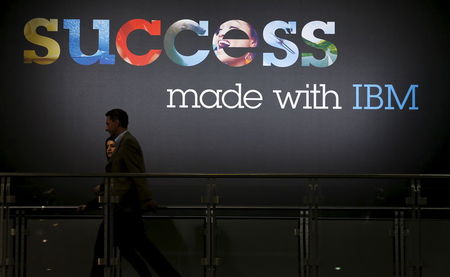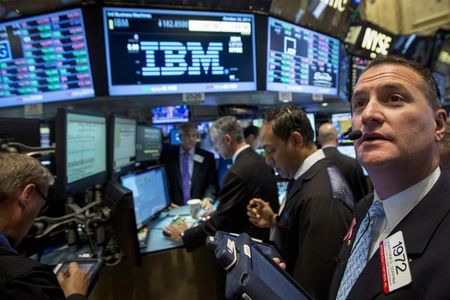Ibm stock reaches all-time high at 296.55 USD
PositiveFinancial Markets

IBM's stock has reached an all-time high of $296.55, marking a significant milestone for the company and its investors. This surge reflects strong market confidence in IBM's growth strategies and innovations, which could lead to further investment and expansion opportunities. Such performance not only boosts investor sentiment but also enhances IBM's reputation in the tech industry.
— Curated by the World Pulse Now AI Editorial System





